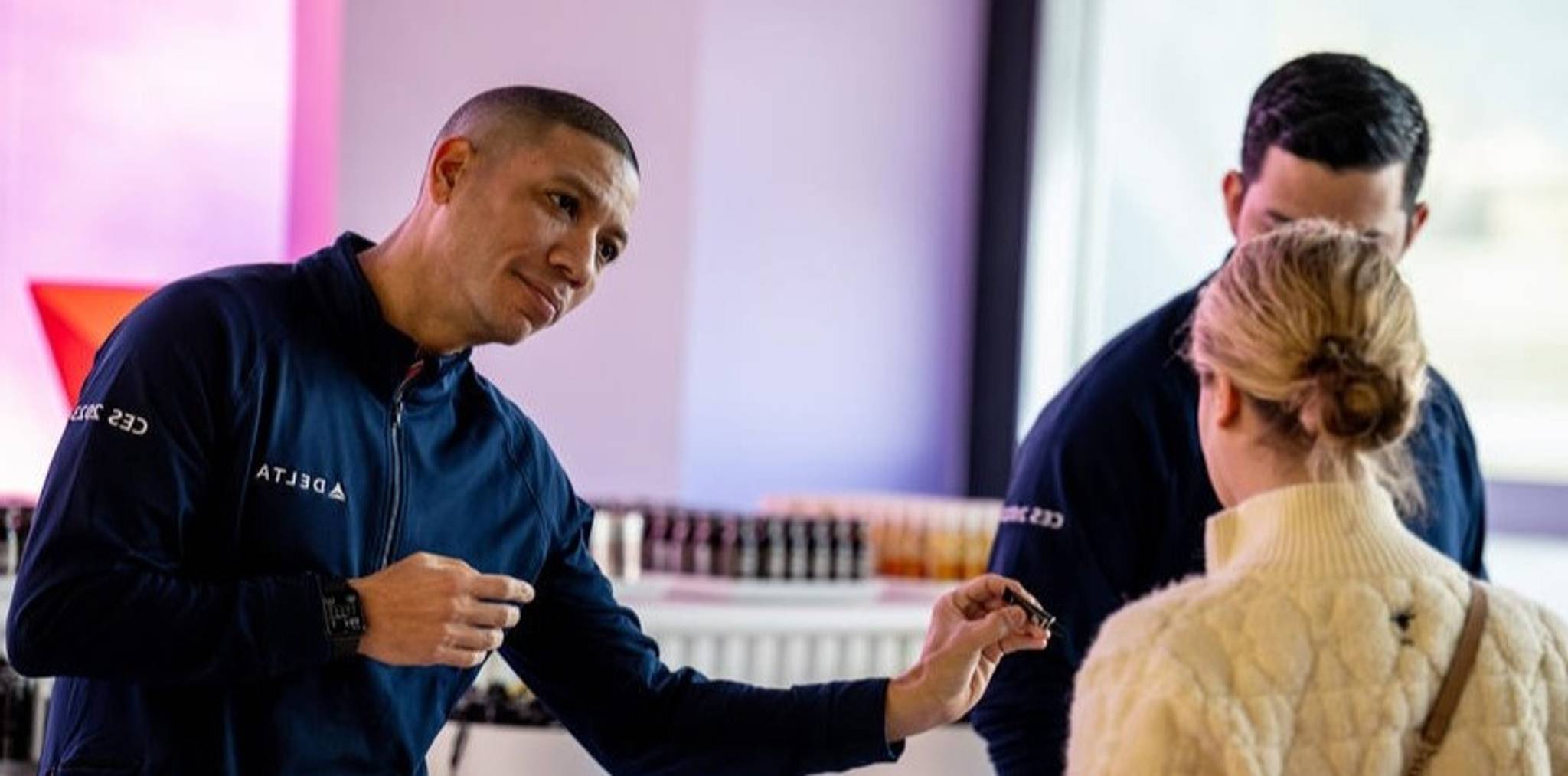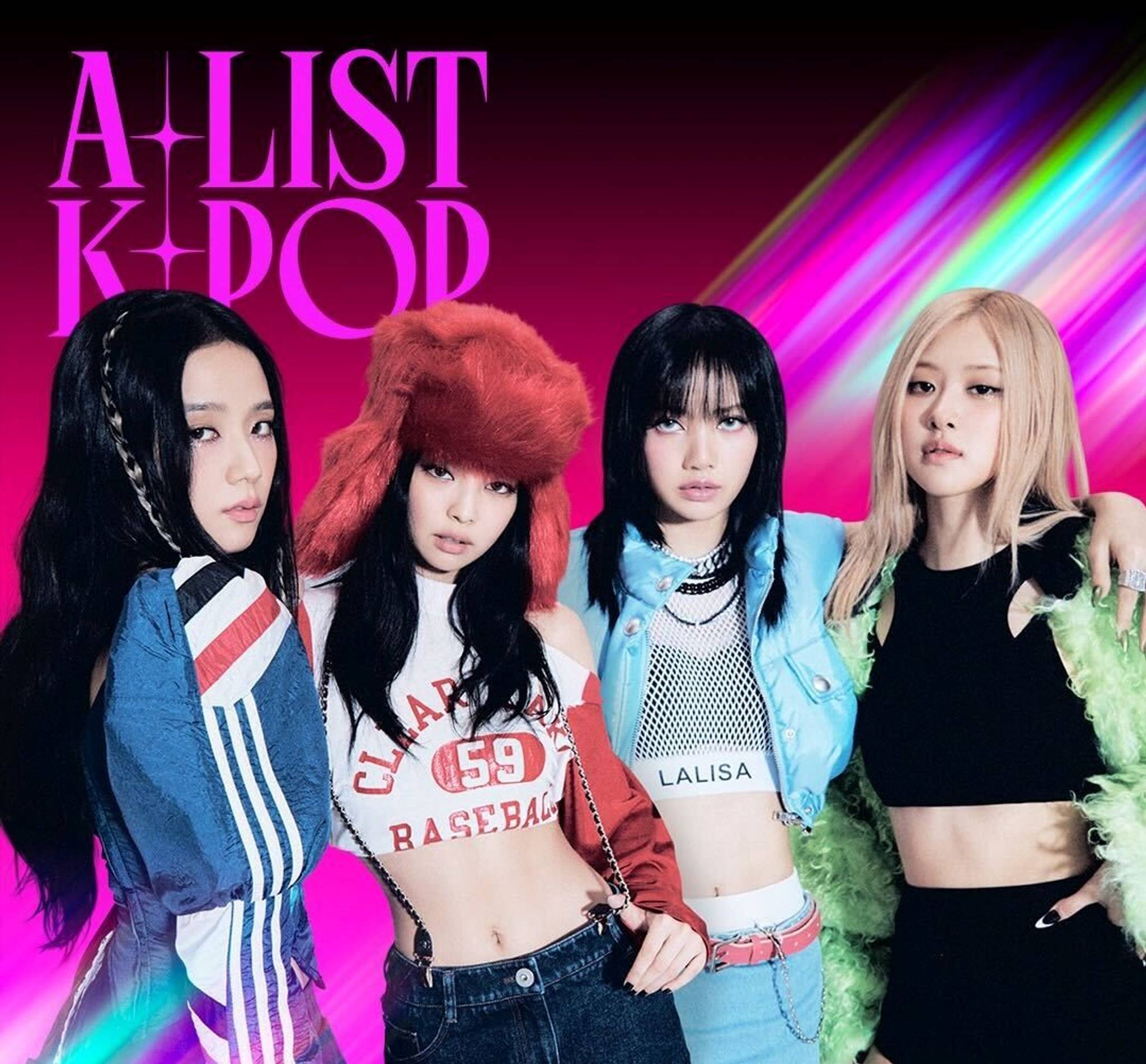
From HNWI travellers wanting transformative experiences to Gen Z partygoers seeking novelty and Britons treating themselves despite inflation, brands are helping audiences tap into feel-good moments and joy. Here are the top ten insights and behavioural shifts that got us talking in March.
📤 Employees challenge traditional workplace systems - as people continue to adjust to new working norms, systems that work for a range of needs are hard to come by. 'Bare Minimum Mondays' see employees challenging traditional workload setups, and organisations that give employees power over their schedules alleviate the pressures of ever-growing to-do lists.
👟 Gen Z hypebeasts want community-led streetwear - brands like Corteiz have acquired significant cultural clout thanks to its community focus, emphasis on drop culture, and viral stunts. As Gen Z streetwear fans search for labels with heightened cultural knowledge, community-driven ethos and values are emerging as a way to stay relevant.
📺 Gen Alphas' return to curated TV - kids’ media and entertainment is big business but it’s become increasingly fragmented due to a decline in brand loyalty and a drop in quality content. As younger generations come back to curated TV, high-quality content that aids development is building trust and connecting with families long-term.
📍 Women want better menopause support - a scheme has been launched in England to cut menopause prescription costs, making it cheaper to access treatment. As women experiencing menopause often feel overlooked by society and brands, breaking down the cost barrier is a positive step in addressing health inequity.
🍭 Britons treat themselves amid inflation - even as inflation continues to impact household budgets and discretionary spending, Britons are still treating themselves with small indulgences. Affordable luxuries and everyday treats cater to the balancing act between spending and saving, giving consumers the feel good moments they're after.
🎶 Gen Z partygoers want novel experiences - Shrek Raves, inspired by the 2001 DreamWorks animated movie, are taking off in popularity among Gen Z partygoers. As internet culture spills out into the real world, unapologetic realness and authentic self-expression are allowing Gen Zers to find connection and community.
💫 Disability rights advocates are busting stigmas - Molly Burke is a blind disability rights advocate who invites followers to witness her daily realities in an authentic way, educating people about her life on YouTube. As grassroots creators fill the representation gap left by mainstream media, broadening the representation scale will ensure a wider range of people feel seen and heard.
🍹 Adventurous drinkers want flavoured rums - the rum category has been experiencing significant success in the British market, with spiced and flavoured expressions driving much of its growth. As novelty and escapism play a central role in the growth of the drinks sector, brands can help people to travel with their tastebuds through exotic flavours and innovation.
💥 Audiences appreciate authentic marketing - with the rise of 'de-influencing' signalling a potential end to traditional aspects of influencer marketing as we know it, the advertising landscape is changing to follow suit. As ironic self-deprecation resonates more than high-profile celebrity or influencer endorsements, shaking up traditional marketing tactics with authentic and honest content can help brands to stand out from the crowd.
💰 Wealthy travellers opt for transformative getaways - travel is increasingly being recognised as a conduit for greater physical and mental wellbeing, and HNWIs are seeking exclusive travel experiences that offer personal growth. As attitudes towards luxury travel shift, wellness-focused trips and transformational holidays can tap into the rising executive travel segment.



